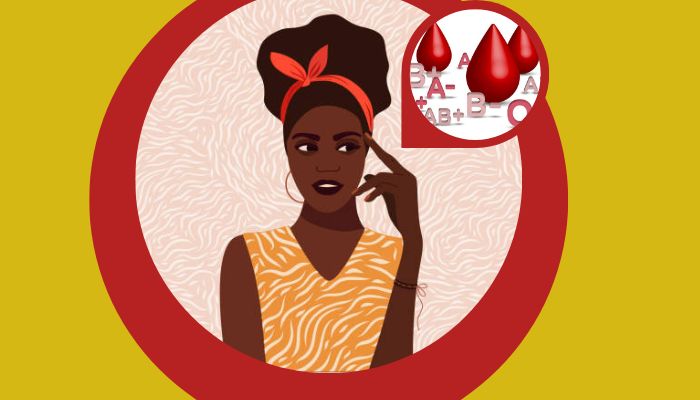Is Black People’s Blood Different? The answer is no. Black people’s genetics determine the type of blood that people have. However, race and ethnicity are not the same things. A person can be ethnically black but genetically white (or vice versa), and there are several other ethnicities aside from those two categories.
There are differences in the number of Rh-positive and Rh-negative people within different races, but these differences are not significant enough to be considered “racial” characteristics. It’s crucial to remember that race is a social, not a biological construct, so it stands to reason that there would be more genetic diversity within races than between them.
The Differences Between Blood Types: Is it About Races, Blood Groups or Blood Colors
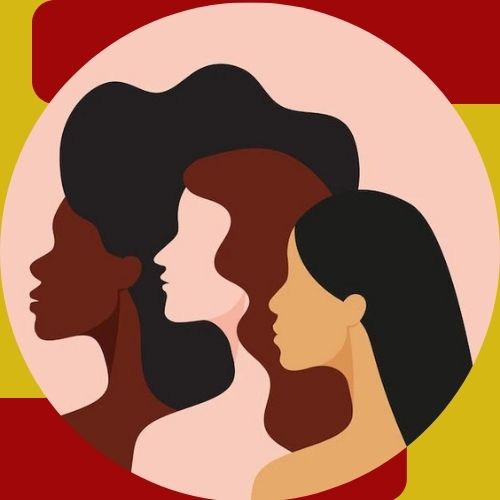
The idea that different races have different blood types is a commonly-held belief. However, there are several misconceptions about the relationship between race and blood.
It’s essential to understand precisely what your race means for your body, including your blood type and how other genetic factors influence your overall health.
As far as the question of whether black people’s blood is different from white people’s blood goes: it is true that black people have an increased risk of developing sickle cell disease and thalassemia.
But it’s also true that white people have an increased risk of developing hemochromatosis (a disease that makes it difficult for our bodies to get rid of iron), hemophilia (a bleeding disorder), porphyria (a disorder characterized by red urine) and von Willebrand disease (a bleeding disorder).
So while there are some differences between the races regarding blood disorders, they are not as obvious as you might think.
Do different races have different blood?

Yes, this is a common question.
Your red blood cells’ ability to carry antigens or not determines your blood type. An antigen is an alternate form of a protein that can cause your immune system to see them as foreign invaders and attack them. A, B, AB, and O are the four major blood types (ABO).
A person whose red blood cells do not contain any antigens has type O-negative blood; those whose red blood cells have A or B antigens have type A or B positive, respectively.
Those who have both A and B antigens have type AB positive; while people with neither antigen are type O positive.
Is there a difference between African American blood and Caucasian blood?
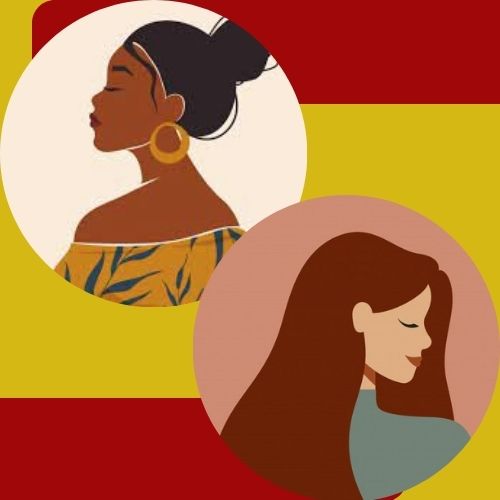
No, there is no difference between African American blood and Caucasian blood, and this includes African Americans, Asians, Hispanic, and Caucasians. The difference is the percentage of Rhesus antigen present in the blood.
Many theories circulate regarding the differences between African American blood and Caucasian blood. However, no scientific evidence suggests that these two groups have different types of red cells or platelets.
Your blood contains four main types of cells: red blood cells (which carry oxygen) and three kinds of white cells (white blood cells). The three types of white cells are neutrophils, lymphocytes, and monocytes.
The only difference between the two races’ bodily fluids is the higher levels of iron contained within African Americans’ plasma, and iron helps keep red blood cells functioning properly by delivering oxygen throughout your body.
What race gives the most blood?
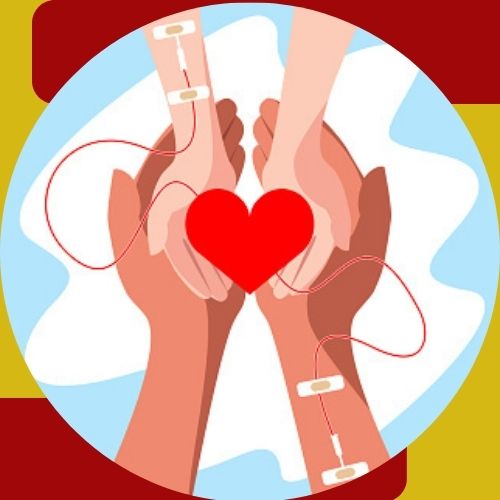
From a study conducted in 2011 at Emory University, 77.7% was donated by whites, African Americans donated 16.3%, 2.3% by Hispanics, 2.2% by Asian and other donors made 1.6%.
When it comes to blood donation, it seems like a no-brainer: you’d get the most blood from a person of the same type as you, right? But what if I informed you that the race with the biggest blood donation percentages is not your own?
Some believe that African Americans give the most blood because they make up 12% of the population and represent 16% of all donors.
But this is a classic case of correlation not equaling causation (though it is likely that African Americans do donate more than other races, there’s no evidence that they do it at a disproportionate rate).
Do African Americans have different blood types?
The answer to this question is simple. Yes.
All humans have the same four blood types: A, B, AB, and O. These are determined by proteins found on the surface of red blood cells called antigens (A, B, and Rh factor).
The ABO classification system has two antigens (A or B) and one antigen that can be either type A or type B (O). Therefore there are four possible phenotypes in the ABO system: AO, BO, AA, and BB.
There are more than 600 recognized antigens (American Red Cross), some of which are exclusive to particular racial and ethnic groups. For instance, many African Americans and people of African descent have uncommon blood types like Duffy negative and U negative.
Do human races have different DNA?
The answer is no. There are no genetic differences between races, despite what you may have heard or read on social media. Research on race vs genetics conducted by the University of Wisconsin noted that there was no genetic basis for race because humans are 99.9% genetically identical.
DNA is the same in all humans, regardless of race, and it is also identical across cells, tissues, organs, and organisms. While there might be a few small differences between individual people’s DNA sequences (due to mutations), these do not affect things such as skin color or hair texture at all.
They only affect things like disease risk or susceptibility to certain conditions if they occur in specific places on your genome (the sequence of your genes).
So next time someone tells you that they can tell who’s black based on their blood type or appearance alone, just smile politely and agree with them.
Can you tell the race of an individual by their blood?
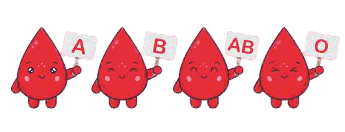
The answer is no. However, it is possible to identify a person’s ancestry through DNA analysis (Dr Barry Starr).
The reason this question is asked so often is because of the assumption that there are certain things that are unique to certain races. For example, people might assume that since Africans have dark skin, their blood must also be dark.
There is a lot of misinformation about blood typing, particularly the idea that it can tell you anything about an individual’s race. Some people think that black people’s blood differs from white people’s, which is not true.
A person’s skin color does not determine what kind of blood he or she has, but the person’s race affects how their bodies work and react to certain things like drugs and diseases.
Blood types are sometimes confused with race because there are only four “main” blood types (A, B, O, and AB) instead of five races, as some may believe.
Does race affect blood?
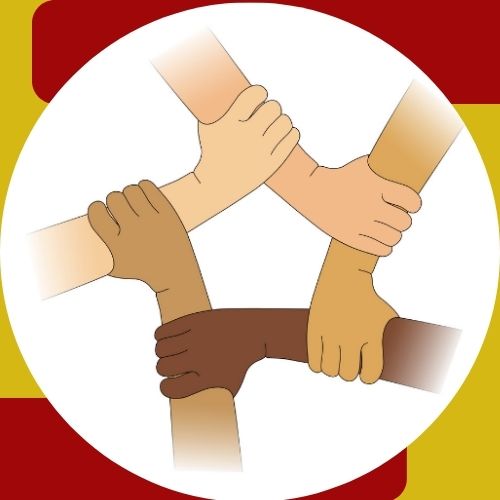
Race does not affect blood (American Red Cross), and people of different races have different blood types. However, science does not support the idea that there are major differences in the blood of people from different racial groups.
An individual’s blood is the same in all races, with one exception. The Rhesus factor is a protein on the surface of red blood cells that can be positive (Rh+) or negative (Rh-).
The presence of this protein determines whether you are Rh+. If you receive Rh+ blood from someone who is also Rh+, your immune system will recognize it as foreign and attack it.
It’s important to note that while some people believe that one race has better blood than another, there is no scientific evidence to support this claim.
What blood type is most of Africa?
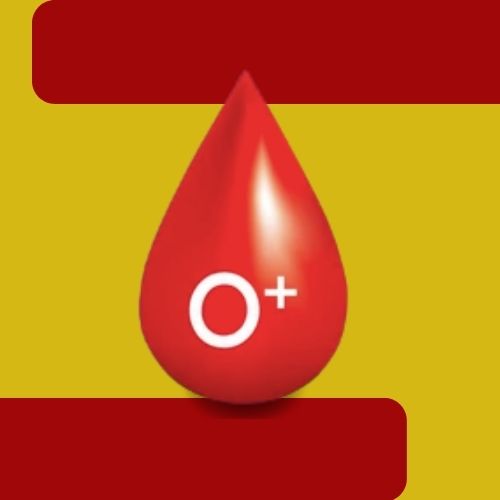
O+ is a blood type that is highly prevalent in African nations, whereas the least common blood type is O-.
Over 39% of the world’s population has blood type O+, which is the most prevalent worldwide. The least common blood type is AB-, which makes up just 0.40% of the general population.
A person’s blood type is determined by antigens on the surface of red blood cells. These antigens are proteins that can be either present or absent in each individual. The four major blood types are A, B, AB, and O (often called “O Rh+”).
What blood type is rarest?
According to NHS Give Blood, the rarest of the eight main blood types is AB negative, which can only be found in 1% of their donors.

I am sure you are wondering why a blood group can be classified as rare. Here is the reason why:
There are 36 other known blood groups, though the ABO and Rh are the most crucial for blood transfusions. The outside of red blood cells contains a mixture of sugars and proteins known as antigens that are specific to each blood group.
There are more than 600 antigens, so there is a lot of room for individual variation. You might have a rare subtype if your blood lacks common antigens or contains rare antigens.
Who has golden blood?
You can find the golden blood type in individuals whose blood contains no Rh antigens (proteins) in their red blood cells. It is also referred to as the Rh null blood group.
The concern with the golden blood group is that Rh null donations are extremely rare and challenging to obtain. If an Rh null person needs blood, they must rely on the cooperation of a small global network of regular Rh null donors.
There are just nine living donors of this blood type worldwide. Due to this, it is the rarest blood type in the world, earning it the nickname “golden” blood.
Can Your Blood Type Influence Your Personality?
This assertion is unsupported by scientific data.
However, some believe it can affect your personality by affecting how you think, feel and behave. This belief is known as the blood-type personality theory (ABPT). The idea behind ABPT is that different ABO blood groups are associated with certain personality traits.
Although the majority of studies have found no evidence linking blood type to personality, some experts still think there may be more to the story than what’s in your blood.
In a study published in 2015 by Hirosaki University, the relationship between blood type and genetics was used to examine personality. The authors of the study found that some blood types appeared to have a higher genetic propensity to producing bodily chemicals that could affect impulsivity and sensation-seeking.
Researchers contend that personality and blood type may be related in this manner, and this does not imply that personality development is “caused” by blood type, though.
Because of this, the authors of this study advised using caution when interpreting the findings because the relationship between personality and blood type was, at best, tenuous.
All human blood is basically the same.
It is crucial to note that all human blood has the same basic composition.
Red, white, and platelet cells are the three components of blood. All three of these types of blood cells have varied functions but are all composed of hemoglobin, which is what gives your body its red color.
The antigens can determine blood types on RBCs, antigens are proteins found on cell surfaces that determine what type of immune response will be triggered when an antigen meets another molecule or cell type with similar markers. There are two classifications for human antigens: ABO and Rh factor (or “D”).
Frequently Asked Questions (FAQs)
Do sons have the same blood type as their fathers?
Sons do not necessarily have the same blood type as their fathers. Sometimes, but not always.
What color is black people’s blood?
According to a study by George Washington University, blacks have the highest concentration of hemoglobin in their blood, followed by Asians and then whites.
This makes it so that when white people bleed, it tends to be darker due to less oxygen, and conversely, black people’s bleeding is brighter red due to a higher amount of oxygen.
Why do people have black blood?
Black blood is caused by a condition known as sulfhemoglobinemia.
Does race matter receiving blood?
No, race does not matter, as long as the blood is compatible.
What ethnicity has O negative?
In the U.S, O negative blood is common among Caucasian adults.
It’s your turn…
The blood of black people is just like that of white people, and it’s the same in every way except for the color!
However, there are some differences that you should be aware of if you need medical care for a person who isn’t white. For example, if they’re O-negative but not O-positive, then their blood won’t mix with yours. It’s important for doctors to know this information so they can provide proper treatment when needed.
It should also be clear that while there may be some genetic differences in blood types across populations, to a large extent, these are just an interesting side effect of the abundant diversity that defines humanity as a whole.
As science continues to advance alongside cultural understanding and acceptance, we will continue to discover new ways that humans differ from one another and how we are more similar than different.
Read Related Articles:
- Why do Black People Have Big Lips?
- Why Do Black People like Hennessy?
- Why do Black People Wash Chicken?
- Why Do Black People Have Big Dicks?
- Why do Black People Sag Their Pants?
- Why Do Black People Have Big Noses?
- Why do People Wear Black to Funerals?
- Why Do Black People Have Yellow Eyes?
- Can Two White People Have a Black Baby?
- Why Do Black People Smell? A Myth or Truth!
- Why Do Black People Wear White to Funerals?
- Why Can’t Black People Swim? Truth or Misconception!
- Can Black People Get lice? Everything You Need to Know!
- Can Black People Have Red Hair? Facts And Misconceptions!
- Can Black People Get Hickeys? Everything You Need to Know!
- Can Black People Get Sunburn? Everything You Need to Know!
- Can Black People Have Blue Eyes? Everything You Need to Know!
- Can Black People Blush: A Fascinating Episode that will make you Smile!
